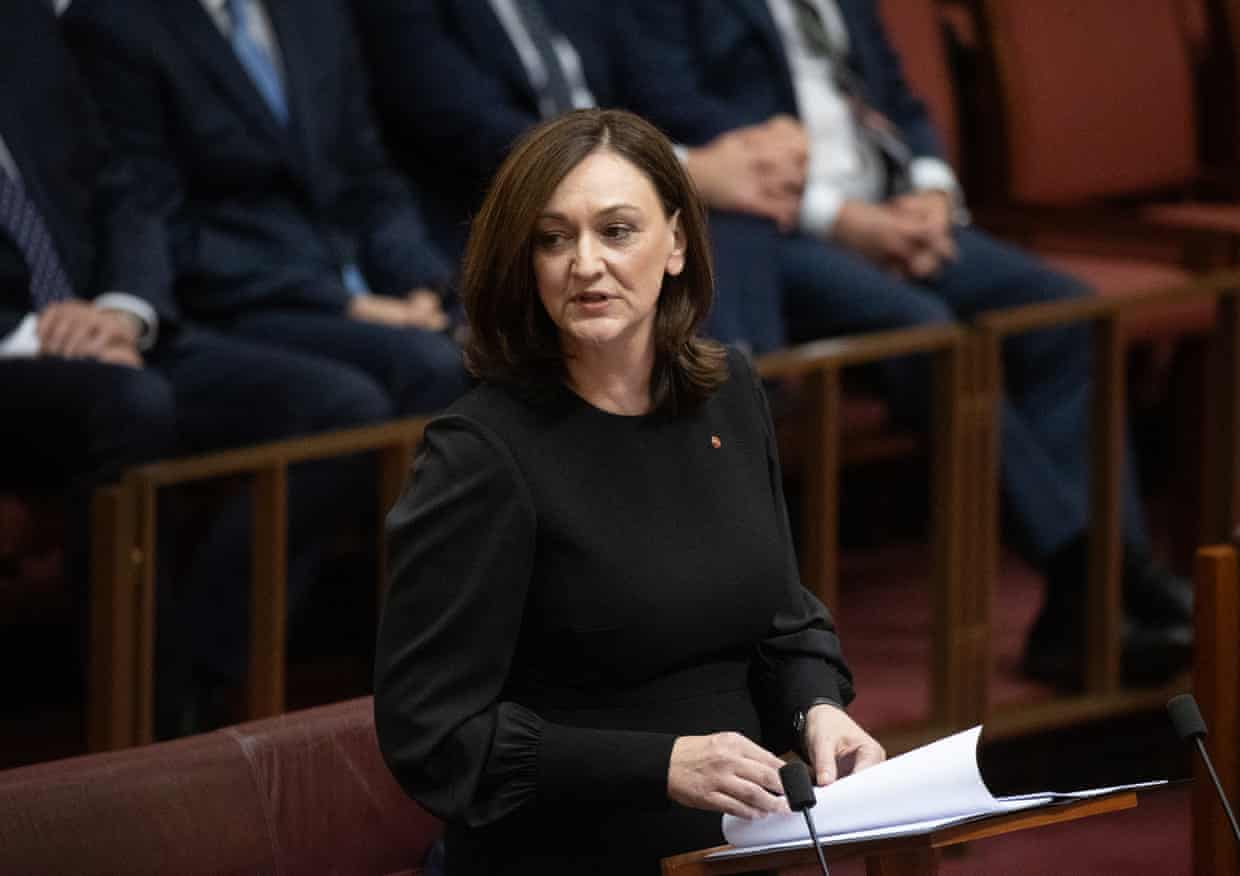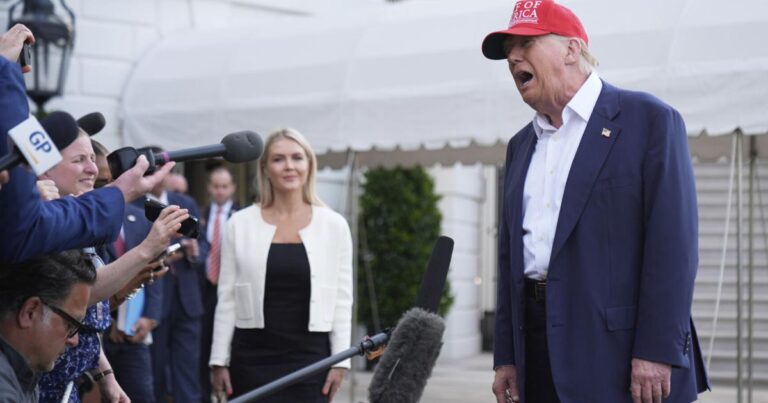In a significant move that could reshape the internal dynamics of the Liberal Party, key figures are advocating for the introduction of expiry dates on gender quotas. The proposal is currently under discussion in New South Wales, but it faces substantial resistance, with some members arguing it could regress the party’s progress on gender equality.
The debate comes at a time when the party is grappling with its representation of women, both in leadership roles and within its broader membership. The proposal suggests that gender quotas, which are designed to ensure a minimum representation of women, should not be permanent fixtures. Instead, they would have a set expiration, after which the party would reassess their necessity.
Internal Divisions and Opposition
While some party members see the proposal as a pragmatic approach to encourage organic growth in female representation, others are vehemently opposed. A newly elected senator has been particularly vocal, stating that implementing expiry dates would “take the party backwards” in terms of gender equality.
This internal division highlights the broader ideological struggle within the party over how best to achieve gender parity. The senator’s comments reflect a concern that removing quotas prematurely could undo years of progress in increasing female participation in politics.
Historical Context and Gender Quotas
Gender quotas have been a contentious issue within political parties globally. Historically, they have been used as a tool to address gender imbalances and promote diversity. In Australia, the Labor Party has employed quotas effectively, leading to a significant increase in female representation. However, the Liberal Party has traditionally resisted such measures, emphasizing merit-based selection processes.
Experts argue that while quotas can be effective in the short term, they are not a panacea. Dr. Emily Turner, a political analyst, notes,
“Quotas are essential for breaking the initial barriers, but they should be part of a broader strategy that includes mentorship and cultural change.”
Potential Implications and Future Steps
The proposal for expiry dates on gender quotas could have far-reaching implications for the Liberal Party. If implemented, it may set a precedent for other political entities considering similar measures. However, the risk remains that without quotas, the party could see a decline in female representation, undermining efforts to diversify its ranks.
Looking forward, the party must carefully consider the potential consequences of this policy change. Engaging in broader consultations with stakeholders, including female members and external experts, could provide valuable insights. Meanwhile, the debate continues to unfold, with the party leadership expected to make a decision in the coming months.
As the Liberal Party navigates this complex issue, the outcome will likely influence its public perception and electoral success. The decision will not only reflect the party’s stance on gender equality but also its commitment to evolving with contemporary societal values.























